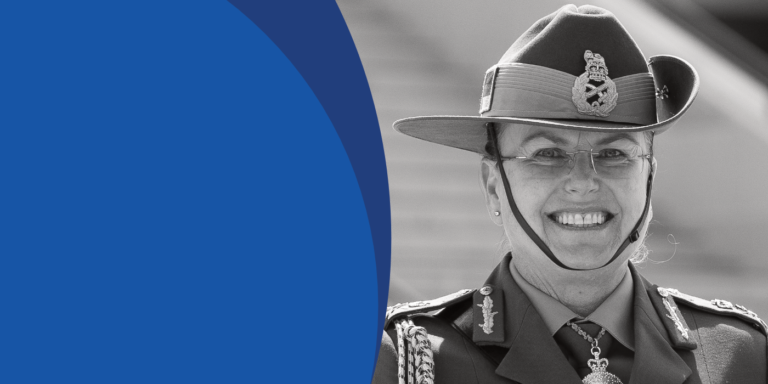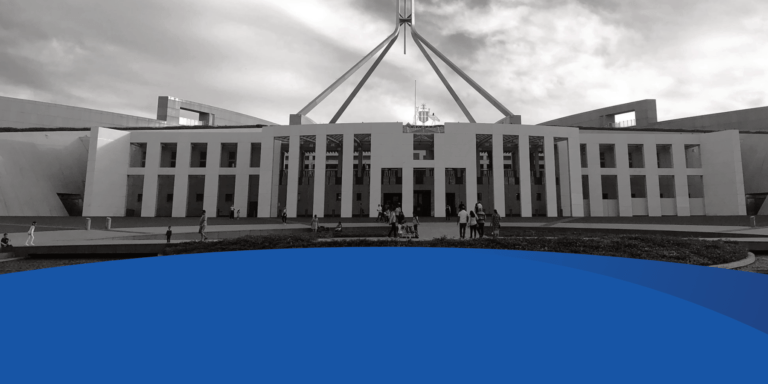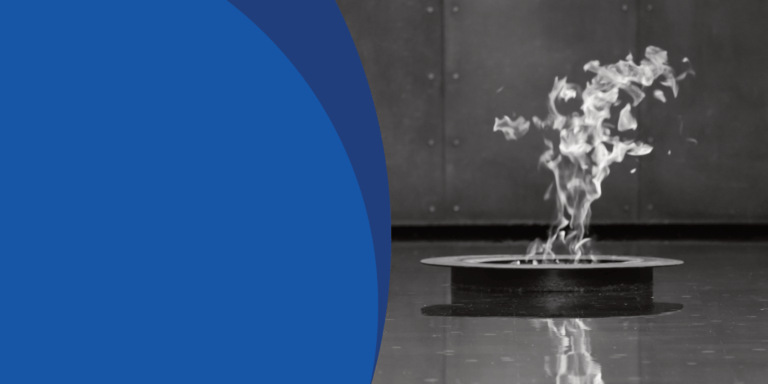
RSA questions Defence Force chief over absence of secular and non-religious frontline wellbeing support
The Rationalist Society of Australia has questioned a military chief on when the Australian Defence Force will finally provide all non-religious Defence personnel with the





